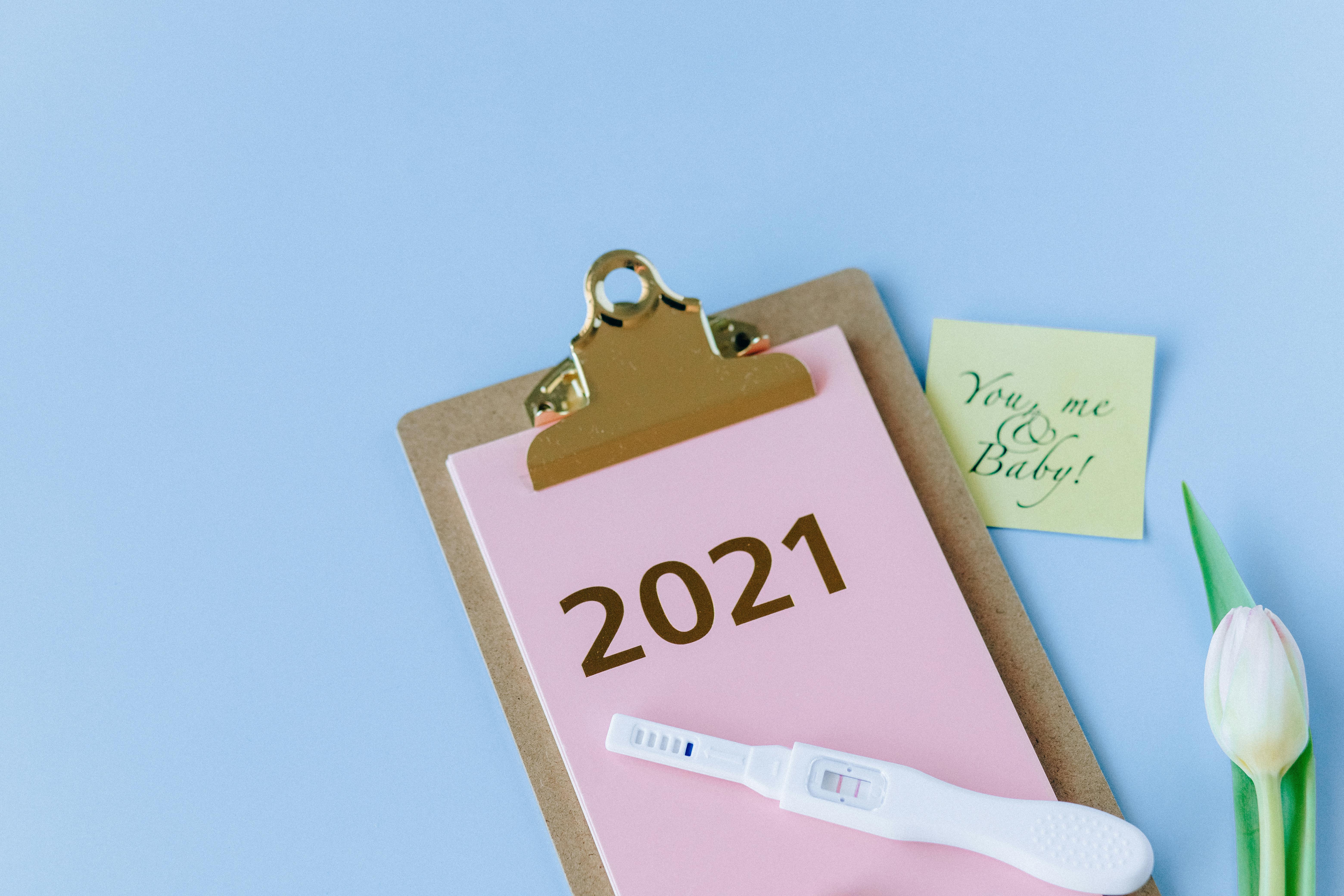Understanding the Safety of Bouncy Castles During Pregnancy: A Comprehensive Guide

There are many questions that expectant mothers have about staying safe during pregnancy. One of them often revolves around participation in recreational activities, including the usage of bouncy castles. This comprehensive guide aims to shed some light on the subject, helping pregnant women understand the safety aspects of bouncy castles during pregnancy.
The Joy of Bouncy Castles and Pregnancy Concerns
Participating in fun activities and events brings joy and celebration to life, and bouncy castles are no exception. However, being pregnant might make you wonder about common recreational activities, such as playing in a bouncy castle. Pregnancy brings along a new set of safety considerations, especially for physical activities. You become concerned about the safety of not just yourself, but also your growing baby.
On the surface, bouncing on an inflatable castle seems harmless. It's a fun and exhilarating activity that both adults and children enjoy. However, when it comes to pregnancy, the scenario may change due to the biological changes your body undergoes during this special period.
Understanding the Risks
Playing in a bouncy castle might seem innocuous, however, a potential risk exists for pregnant women due to the unpredictable nature of the bouncing and the increased chances of collision or accidental falls.
Firstly, the physical jarring from bouncing can potentially cause harm. The force and frequency of bouncing can lead to abdominal trauma, an aspect that medical professionals consider ill-advised for pregnant women, chiefly after the first trimester.
Secondly, being knocked over or tumbling within the castle due to loss of balance can lead to injuries. The crowded and unpredictable environment in a bouncy castle means it's harder to keep your feet, leading to an increased risk of falling.
Finally, the higher risk of physical collision with other participants, especially energetic children, introduces the potential for impact that could be harmful to your pregnant belly.
The Expert's Perspective
While every pregnancy is unique and what applies to one expectant mother may not apply to another, the general consensus among healthcare professionals is that high-impact activities, which potentially includes bouncing in an inflatable castle, should be avoided during pregnancy. They suggest engaging in low-impact exercises like walking, swimming, and prenatal yoga, which can help consistently maintain your body's strength, muscle tone, and flexibility without posing unnecessary risks to your pregnancy.
Other Factors to Consider
Your stage of pregnancy also plays a significant role in deciding whether you should participate in this activity. Physical exertion level and safety measures become more critical as the pregnancy progresses. Most healthcare professionals advise against any activity where there's an increased risk of falling, particularly from the second trimester onwards.
Also, consider your level of comfort while engaging in physical activities. Listen to your body and discontinue any activity that results in discomfort, shortness of breath, or pain.
Conclusion
While it's essential to maintain a joyful spirit and engage in life's celebrations during pregnancy, safety must remain paramount for expectant mothers. Bouncy castles, while fun and playful, may pose risks that are best to avoid during this period. Remember, it's not about missing out, but about ensuring the safest environment for you and your baby. Opt for safer alternatives that can provide plenty of enjoyment without any potential risk.
If ever in doubt, consult with your healthcare provider or midwife, as they can give the best advice based on your specific pregnancy's condition and stage. The journey of pregnancy need not be devoid of fun; it just means choosing your fun wisely to ensure the health and wellbeing of your little one. Enjoying pregnancy safely is the ultimate goal.





